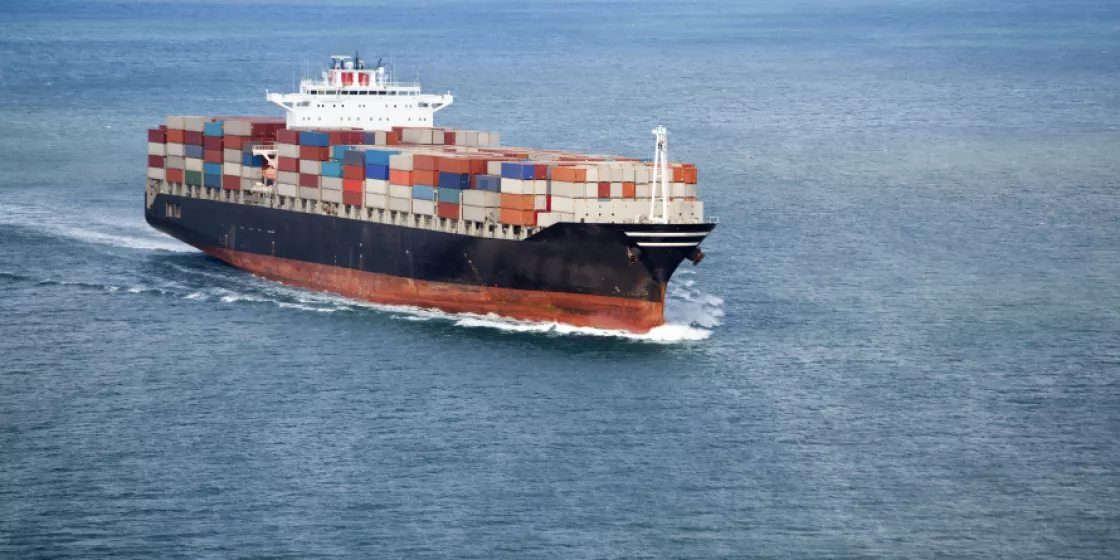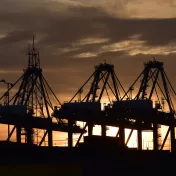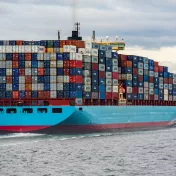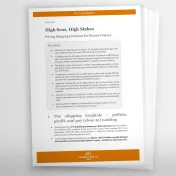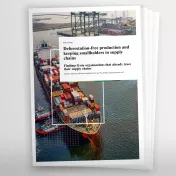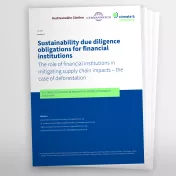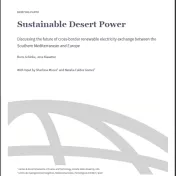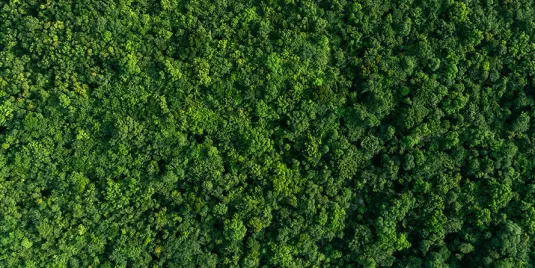
Why we need deforestation-free supply chains
Agricultural expansion causes rapid degradation of ecosystems in countries of the South American economic and political bloc Mercosur (Argentina, Brazil, Uruguay and Paraguay). This endangers its unique biodiversity and harms the global climate. The European Union is an important trading partner and importer of commodities associated with deforestation and ecosystem degradation and therefore holds a significant responsibility to create deforestation-free supply chains and halt deforestation in the Mercosur.
